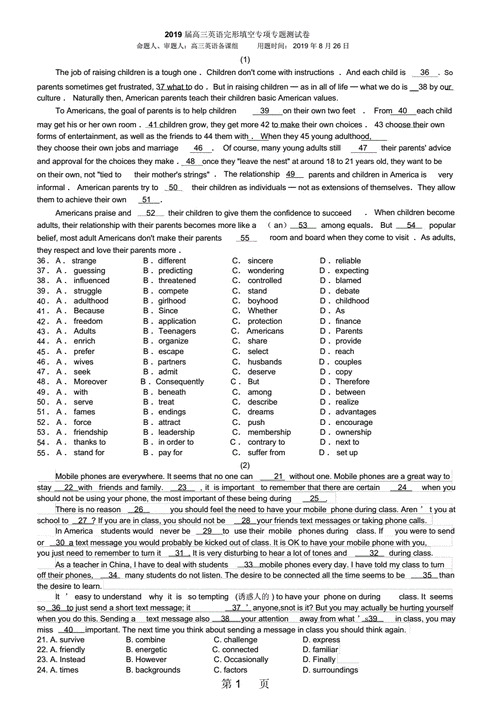
Are Wit and Humor the Same?
Have you ever found yourself chuckling at a joke or a clever remark, but then wondered if what you just experienced was humor or wit? The lines between wit and humor can sometimes blur, but they are indeed distinct. Let’s delve into the nuances of both and explore how they differ.
Understanding Wit
Wit is often described as a quick, sharp, and often clever way of expressing an idea. It’s the ability to make a clever remark or observation that is both surprising and insightful. According to the Oxford English Dictionary, wit is “quickness of mind or speech; sharpness of intellect.” Here are a few key characteristics of wit:

-
Sharp and intelligent
-
Surprising and unexpected
-
Expressed in a concise manner
Understanding Humor
Humor, on the other hand, is a broader concept that encompasses a wide range of experiences, from laughter to amusement. It’s the quality that makes something funny or amusing. According to the American Heritage Dictionary, humor is “the quality of being amusing or comical.” Here are some key characteristics of humor:

-
Can be expressed through various forms, such as jokes, puns, or slapstick comedy
-
Can evoke laughter or amusement
-
Is often light-hearted and not necessarily sharp or intelligent
Comparing Wit and Humor
Now that we have a basic understanding of both wit and humor, let’s compare them using a table:
| Characteristic | Wit | Humor |
|---|---|---|
| Expression | Sharp, concise, and insightful | Varied, can be light-hearted or dark |
| Effect | Surprising and insightful | Amusing or comical |
| Intelligence | Intelligent and thought-provoking | Not necessarily intelligent, can be simple or slapstick |
Examples of Wit and Humor
Let’s look at some examples to illustrate the difference between wit and humor:
-
Wit: “I’m not a doctor, but I play one on TV.” – This statement is witty because it’s a clever observation that highlights the irony of the situation.
-
Humor: “Why don’t scientists trust atoms? Because they make up everything!” – This joke is humorous because it’s a light-hearted and amusing play on words.
Conclusion
In conclusion, while wit and humor are closely related, they are not the same. Wit is a quick, sharp, and intelligent way of expressing an idea, while humor is a broader concept that encompasses a wide range of experiences, from laughter to amusement. Both wit and humor can be enjoyable and thought-provoking, but they serve different purposes and have distinct characteristics.




